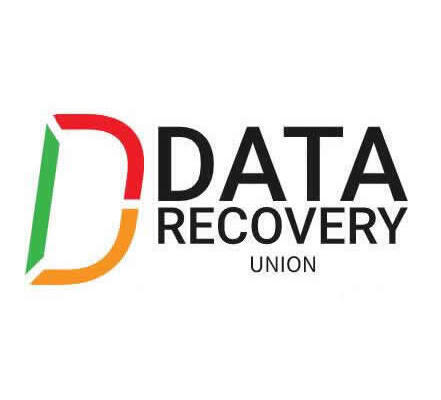 Where’s the best place to keep your backed-up data? Somewhere far, far away. Online backup services will keep your data safe no matter what sort of disaster strikes your local PCs.
Where’s the best place to keep your backed-up data? Somewhere far, far away. Online backup services will keep your data safe no matter what sort of disaster strikes your local PCs.
Backing up your files online is a safe alternative to using regular backup software. However, finding the best online backup service to use isn’t as easy. This post will help you choose the best online backup provider that will be easy on your pocket book and provide the services you want.
Backing up your computer, or choosing an online backup service, is one of the most important things you do to insure data and files are not compromised or terminally lost during unforeseen “disasters,” which, according to “Murphy,” can, and probably will, happen at some point.
How do you shop for the best online backup service for you? How much space do your files need? How many user accounts do you have? Who can you trust with your data privacy? How much can you afford?
Security
Companies advertising more than one data center offer simultaneous duplicate backups of your data. Look for warnings from companies about your passkey. They will tell you if you lose your passkey, you cannot access your data backup account. This is a good thing! It lets you know that no one can randomly access your backup account without your permission or passkey.
Frequency
More is better. You want to get multiple copies of your data, automatically uploaded on a frequent and regular basis. The more often your data is backed up, the more protection you have in the event of a virus or irreparable corruption.
Space
Do you save lots of pictures, videos, and music? These files consume a lot of space and it might be more efficient to use an external hard drive to backup these. However, external and optical drives do not offer privacy and protection afforded by online (remote) backup services.
Price
“You get what you pay for.” Typically low-cost services take longer to complete the initial backup. They reduce their bandwidth costs by slowing your upload speed, which limits the amount of data that can be backed up, thus taking for, what can seem like forever, when you want to get done with maintenance and resume your processing.
Free Trial
If you have a high-speed Internet connection, and know what you want to back up and where the files are located, there are online backup services that allow you to try their service for free on a trial basis.
The best online backup service is the one that fits your needs and pocketbook.



